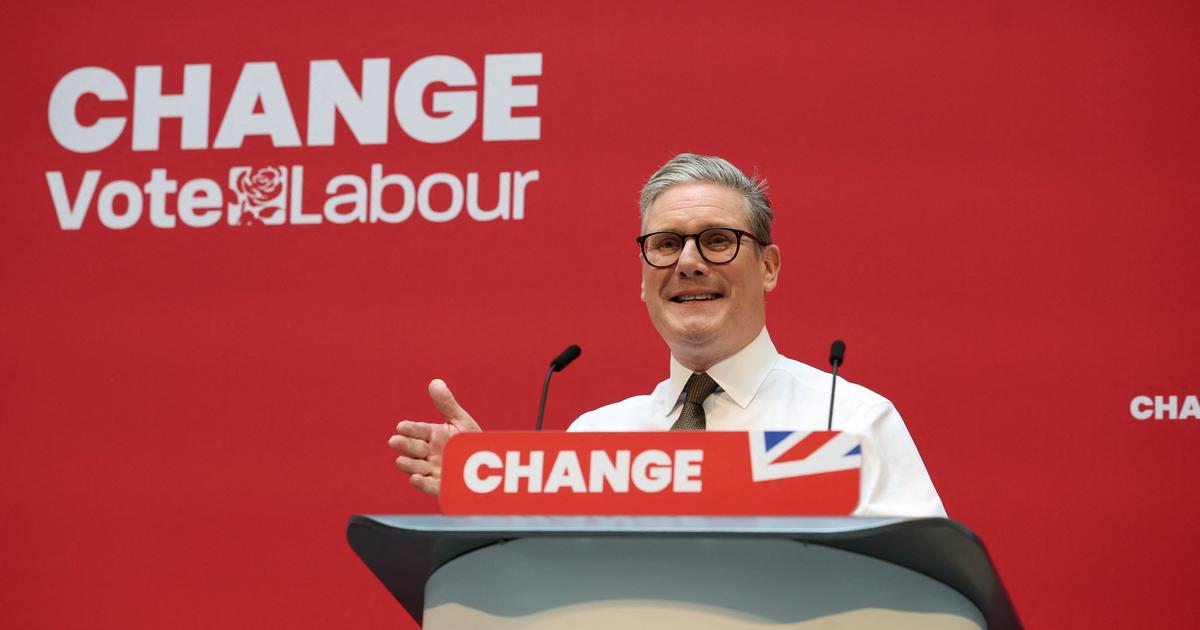Keir Starmer's Vision for a Decade of National Renewal
Keir Starmer, the leader of the UK Labour Party, has unveiled his electoral program, promising a decade of 'national renewal' and economic growth for the country. As the legislative elections set for July 4 approach, Starmer is emerging as a strong contender to replace the Conservatives, who have been in power for 14 years. During a speech in Manchester, Starmer emphasized the need to lay the foundations of stability again and rebuild Britain. He presented a roadmap aimed at achieving economic growth with a prudent approach.
The Transformation of the Labour Party
Since taking charge of the Labour Party four years ago, Starmer has shifted the party from a protest entity to a government-ready organization. His leadership has aimed to distance the party from the controversial legacy of Jeremy Corbyn, moving it more towards the political centre. This transformation has been crucial for Labour, especially when it comes to shedding accusations of anti-Semitism and appealing to a broader electorate. Starmer's strategy has included flirting with conservative positions on issues like migration to make the party more electable.
Voters' Perception and Foreign Policy Stance
Despite criticisms regarding his lack of substance and concrete plans, voters appear to be inclined towards a change in leadership. Starmer has announced goals such as ensuring economic stability, reducing NHS waiting times, and hiring 6,500 new teachers, yet detailed strategies on achieving these aims remain unclear. However, he is seen as a supporter of Ukraine and aims to bring the UK closer to the EU in the medium term. His cautious approach might result in 'many quiet, small steps that ultimately lead to radical changes,' according to his biographer, Tom Baldwin.
- Starmer has managed to appear on the international stage, notably staying for the entirety of D-Day celebrations in Normandy while Prime Minister Rishi Sunak left early. This visibility has been crucial for Starmer, as it ensures that he is recognized by international leaders. His meetings with figures like Volodymyr Zelensky and British World War veterans have helped solidify his status as a prominent politician on the global stage.
- One important aspect of Starmer's leadership is his pragmatism. A former human rights lawyer and head of the Crown Prosecution Service, he entered parliamentary politics relatively late, in 2015. His delayed entry and calculated approach have shaped his leadership style, combining rigorous internal party discipline with broader, more ambiguous public positions.
- Although there is a significant mood for change in the UK, the question remains whether Starmer's cautious approach will resonate with voters in the long run. The coming elections will test his strategy and potentially validate his aim to steer the country towards a decade of national renewal.






